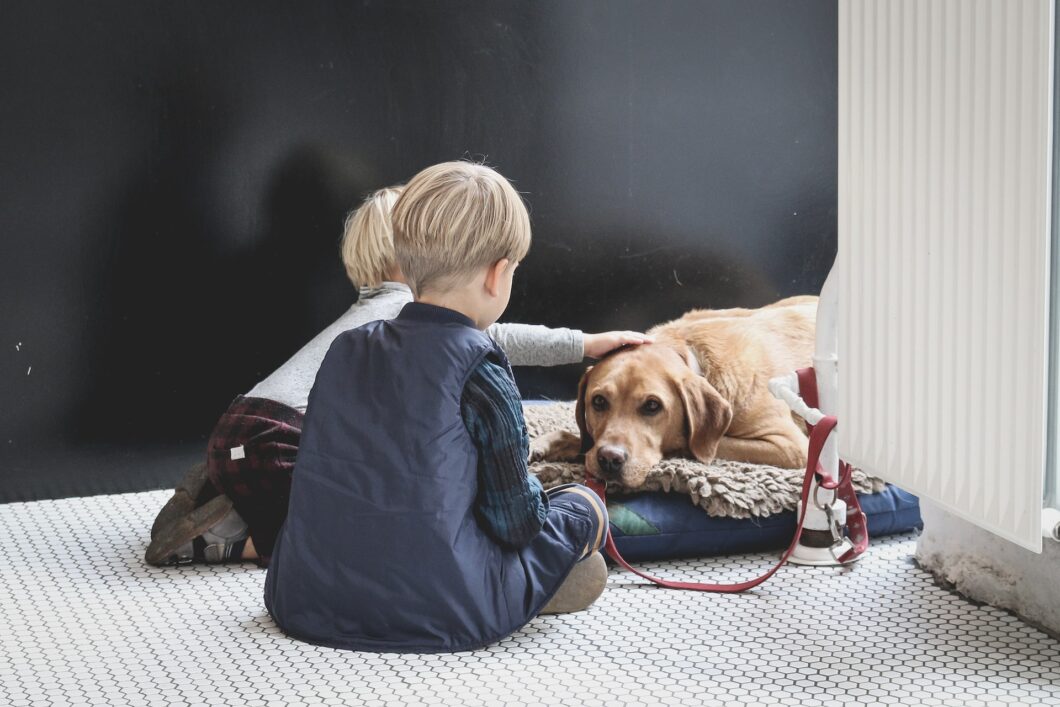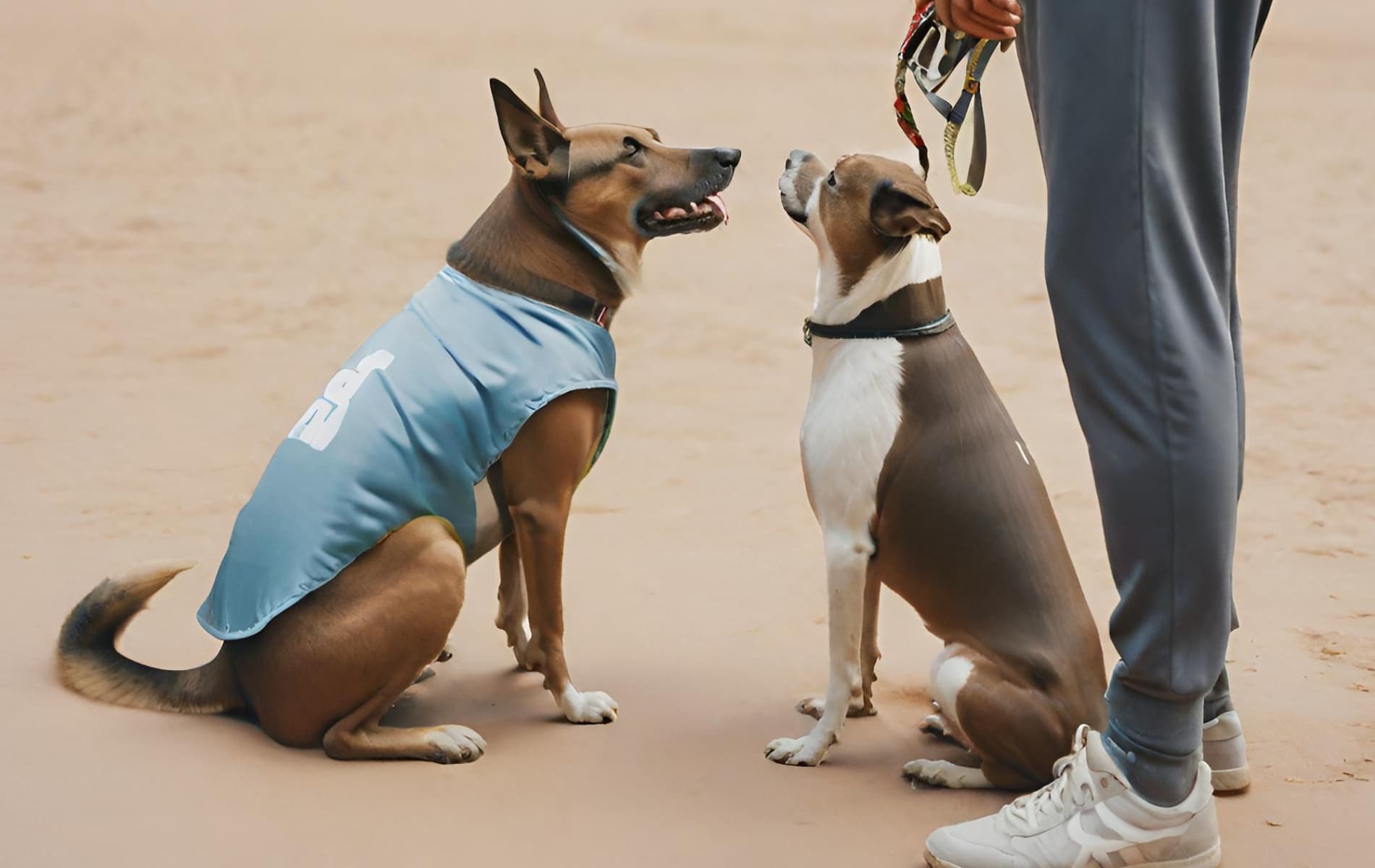Having a dog can provide numerous benefits for kids, including developing responsibility, empathy, and socialization skills, as well as encouraging exercise and improving self-esteem. Dogs can provide a sense of companionship and unconditional love, and can be a great source of support and comfort for kids. In addition, caring for a dog can teach kids about the importance of nutrition, hygiene, and the needs of different animals. Overall, having a dog can be a rewarding and fulfilling experience for kids, and can bring joy and happiness to their lives.
Here are some Benefit for Kids from Having a Dog:
Responsibility
Caring for a dog can teach kids how to be responsible and take on tasks such as feeding, grooming, and exercising the dog. This can involve setting a schedule for feeding, giving the dog fresh water, and making sure they get regular exercise. It can also involve grooming tasks such as brushing their fur and cleaning their teeth. Taking on these tasks can help kids learn about the importance of routine and the importance of taking care of others.
Empathy
Kids who have a dog may learn to be more empathetic and understanding of the feelings and needs of others. For example, they may learn to read the body language and behavior of their dog, and understand when the dog is happy, scared, or in need of attention. This can help kids develop their own emotional intelligence and learn to be more attuned to the feelings of others.
Companionship

A dog can provide a sense of companionship and unconditional love for a child, which can be especially beneficial for kids who are lonely or have difficulty making friends. Dogs are known for their loyalty and affection, and can be a great source of support and comfort for kids.
Exercise
Taking a dog for a walk or playing with them in the yard can encourage kids to be more physically active, which is important for their health and well-being. Regular exercise has numerous benefits, including improving physical fitness, boosting mental health, and reducing the risk of obesity and other health conditions.
Self-esteem
Caring for a dog and seeing them respond positively to training can boost a child’s self-esteem and confidence. When kids feel successful at something, it can give them a sense of pride and accomplishment, which can in turn boost their self-esteem.
Socialization
A dog can help kids learn how to interact with others and make new friends, especially if the dog is well-behaved and well-trained. When kids take their dog for a walk or to the park, they may have the opportunity to meet and talk with other dog owners and their pets. This can help kids develop social skills and build friendships with people of all ages.
Stress relief
Playing with or cuddling with a dog can help kids relax and reduce stress. Dogs have been shown to have a calming effect on people, and can help to lower blood pressure and reduce anxiety.
Safety
A dog can provide a sense of security and protection for kids, especially if the dog is trained to protect or alert the family to danger. For example, a dog may bark or growl to alert the family to an intruder or other potential danger.
Learning

Caring for a dog can teach kids about the importance of nutrition, hygiene, and the needs of different animals. They may learn about the different types of food and treats that are appropriate for dogs, and how to keep their dog healthy and well-fed. They may also learn about the importance of regular vet check-ups and preventative care, such
Improved mood
Spending time with a dog can have a positive effect on children’s mental well-being. Interacting with a dog can release oxytocin, a hormone associated with feelings of happiness and relaxation. Additionally, playing with and caring for a dog can provide a sense of purpose and fulfillment for children. Studies have shown that children who have a pet dog have lower levels of stress and anxiety compared to those without a dog.
Improved cognitive development
Having a dog can also have a positive impact on children’s cognitive development. Playing with a dog can help children develop problem-solving skills as they figure out how to communicate and interact with the animal. Training a dog can also help children learn about cause and effect, as well as the importance of consistency and patience. Additionally, caring for a dog can teach children about responsibility and time management. Studies have shown that children who have a pet dog have better attention spans and perform better academically than those without a dog.





